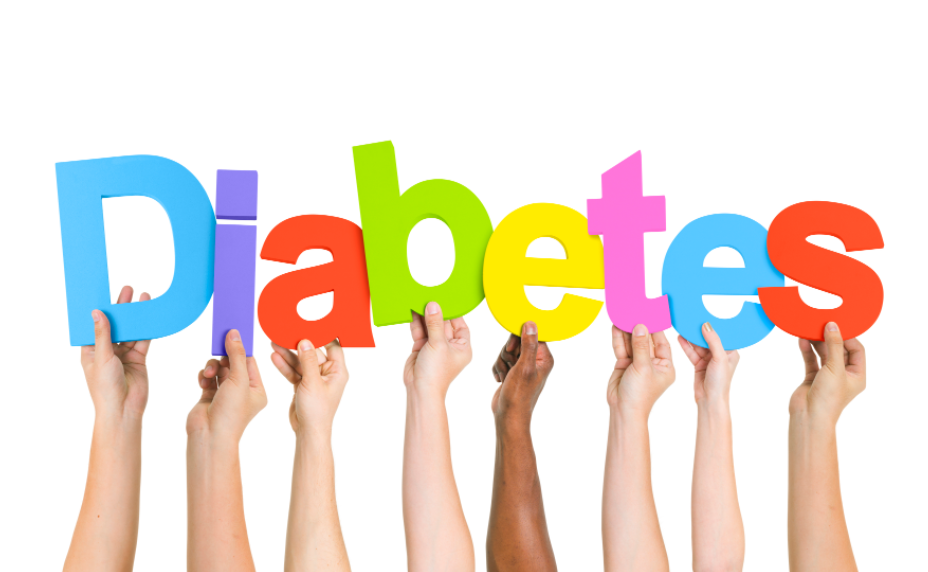Diabetes is a disease in which the glucose (sugar) levels in your blood become abnormally high. You can tell you have diabetes if you feel an increased need to urinate or feel unusually thirsty, hungry, fatigued, or have blurry vision or numbness in your feet or hands. There are two types of diabetes. Type 1 occurs when insulin-producing beta cells are destroyed by the body’s own self-defense mechanisms. Type 2 diabetes is caused by lifestyle choices and genetic factors, and is the most common type of diabetes.
The organs in your body can be damaged from by high blood glucose levels if they remain high for long time. This kind of organ damage is referred to as a “diabetes-related complication” – and it can be life-threatening. However, it can be avoided if you change your lifestyle. Why and which body parts are damaged by diabetes are explained below.
Heart-related diseases
Increased blood glucose levels can result in increased risk of heart diseases, strokes, high blood pressure and excessive cholesterol in the blood. These risks can be avoided if you stay physically active, quit smoking and take medications according to your doctor’s instructions.
Skin Damage
Your skin can dry up if you have diabetes, and tiny cracks in the skin may even form. The damage can get worse if you wash excessively, use water that is too hot, expose your skin to the sun and if you don’t use a skin moisturizer. You can avoid these problems if you wash with warm water, use pH-balanced soap, reduce your bathing time and seek medical attention.
Damage to legs and feet
The poor blood supply resulting from damaged blood vessels and the nerve damage wreaked by diabetes can result in serious damage to legs, leg ulcers and severe foot problems.
- Examine your feet and legs daily, and getting them looked at every few months by your doctor can reduce the risk of problems.
- Every day, check for redness, blisters and check the spaces between your toes.
- If something is wrong, act quickly or visit a specialist.
Damage to Eyes, Mouth and Nose
The glands that secrete the mucus that keeps your mouth, nose and eyes moist and healthy are controlled by nerves. If you have type-1 diabetes, your body’s self-defense mechanism mistakenly attacks beta cells in your pancreas and other parts of your body, including the mucus membranes. Minimize damage to these body parts by using artificial tears and eye cream for your eyes. For a dry nose, use any saline nasal spray; for dry mouth, use artificial saliva.
Damage to Kidneys and Bladders
The kidneys filter and clean your blood, and the waste material is taken out of your body via urine. As time passes, your kidneys can be severely damaged by diabetes because it allows protein to leak into the urine. It’s smart to have regular check-ups to determine if you have kidney or bladder damage, because it can go unnoticed until it becomes severe and difficult to treat.
*Need help from an urgent care clinic in Miami? Primary Medical Care Center is only a phone call away: 305-751-1500
